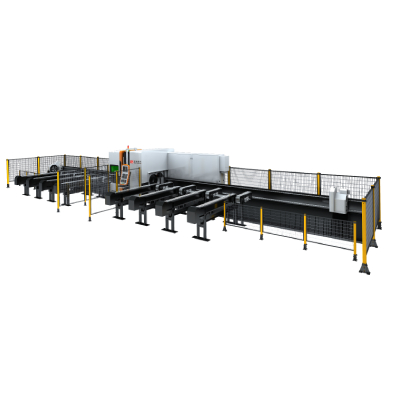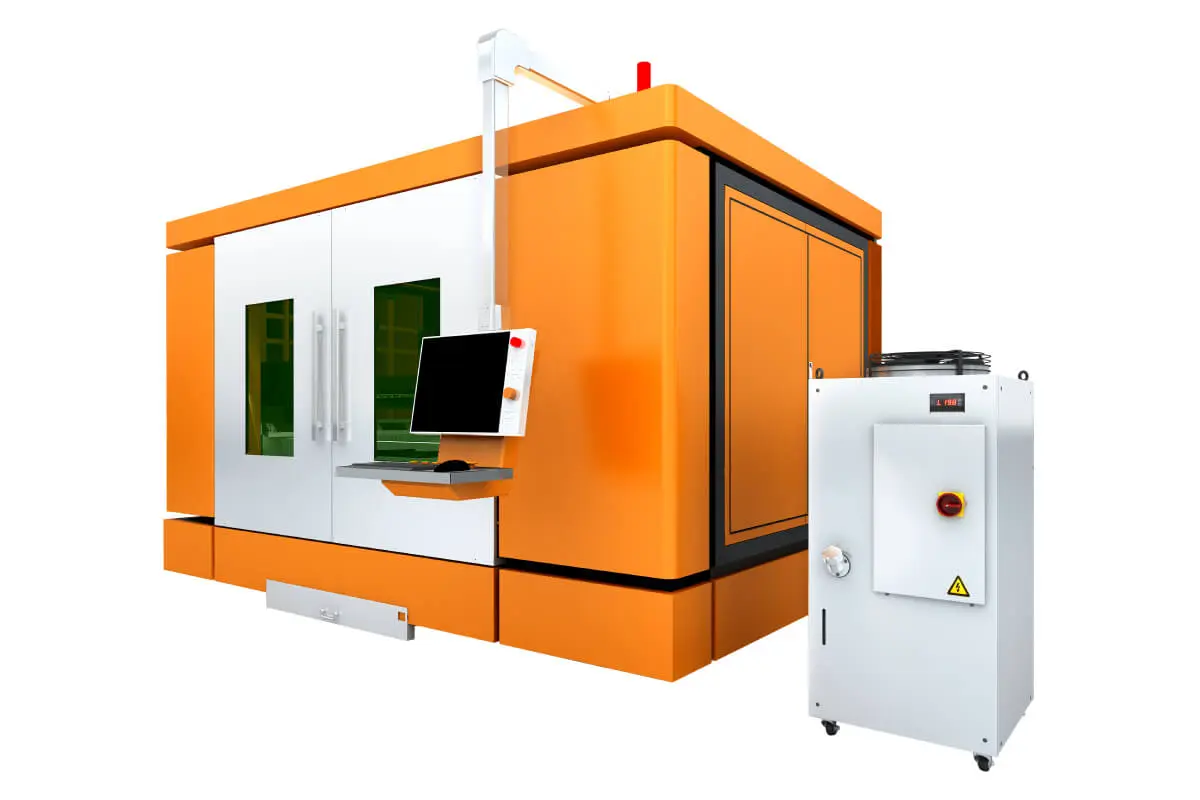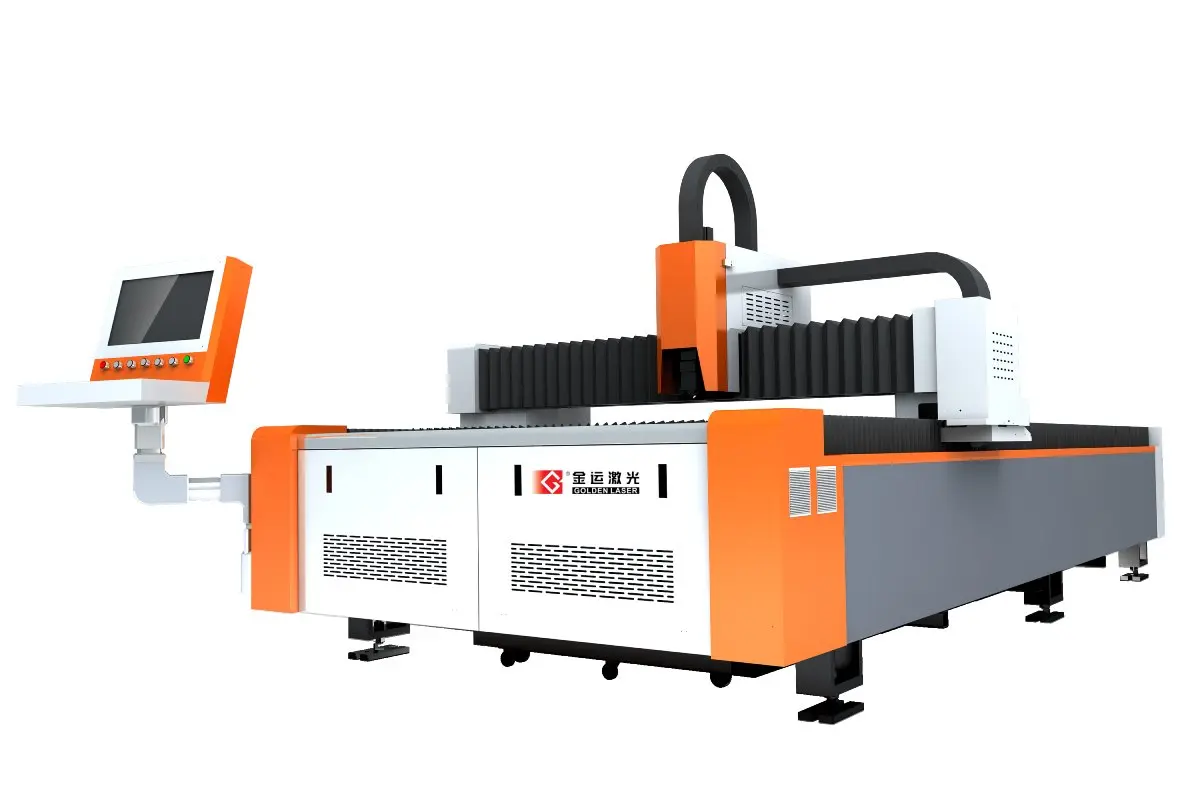Laser cutting technology has revolutionized the way metals, particularly steel, are processed in various industries. As precision, efficiency, and versatility become paramount in manufacturing, laser cutting machines for steel have emerged as indispensable tools that enhance production capabilities. This article delves into the advantages, applications, and operational principles of laser cutting machines specifically designed for steel, emphasizing their significance in modern industrial practices.
Understanding Laser Cutting Technology
At its core, laser cutting is a technology that uses focused laser beams to cut materials, including steel. The process employs a high-powered laser source, which generates a concentrated light beam that is directed onto the material’s surface. The intense heat produced by the laser beam melts or vaporizes the steel, leading to clean and precise cuts. Laser cutting machines for steel are equipped with advanced optics and CNC (computer numerical control) systems that ensure accurate movements and high-speed processing.

Exploring the Advantages and Applications of Laser Cutting Machines for Steel Processing in Modern Industries
Advantages of Laser Cutting Machines for Steel
1. **Precision and Accuracy**: One of the standout features of laser cutting machines is their ability to achieve outstanding precision. The focused nature of the laser beam allows for intricate designs and tight tolerances, making it suitable for applications where detail is crucial.
2. **Speed and Efficiency**: Compared to traditional cutting methods, laser cutting is significantly faster. The high-speed operation reduces the time taken to complete projects, boosting overall productivity, especially in high-demand environments.
3. **Minimal Material Waste**: Laser cutting produces narrow kerfs, which means that less material is wasted during the cutting process. This efficiency not only reduces costs but also aligns with sustainable manufacturing practices by minimizing scrap materials.
4. **Versatility**: Laser cutting machines can handle various thicknesses and types of steel, including stainless steel, carbon steel, and alloy steel. This versatility makes them an ideal choice for a broad range of applications from automotive to aerospace industries.
5. **Less Thermal Deformation**: The concentrated laser beam limits the heat affected zone (HAZ), reducing the risk of warping or altering the properties of the steel being cut. This is particularly beneficial for materials that are sensitive to heat.
6. **Automation and Remote Operations**: Modern laser cutting machines are often integrated with automation technologies and remote operation capabilities. This advancement allows for continuous production, reduced labor costs, and improved safety by minimizing human intervention in potentially hazardous environments.
Applications of Laser Cutting Machines in Steel Processing

Exploring the Advantages and Applications of Laser Cutting Machines for Steel Processing in Modern Industries
Laser cutting machines for steel are employed across various industries due to their adaptability and precision. Here are some notable applications:
1. **Manufacturing and Fabrication**: Industries involved in the manufacturing of heavy machinery, automotive parts, and structural steel components utilize laser cutting technology for its speed and accuracy.

Exploring the Advantages and Applications of Laser Cutting Machines for Steel Processing in Modern Industries
2. **Aerospace**: Aerospace components often require complex shapes and high tolerances. Laser cutting ensures that these parts meet the stringent requirements of the aerospace industry, including the handling of lightweight yet durable materials.
3. **Construction**: Laser cutting is used in producing architectural elements, metal frameworks, and decorative features for buildings, where precision and aesthetics are equally important.
4. **Art and Design**: Artists and designers frequently turn to laser cutting to create intricate metal artworks, signage, and custom designs. The ability to execute detailed patterns with minimal manual effort makes laser cutting an invaluable tool in creative industries.
5. **Electronics and Electrical Components**: In the electronics sector, laser cutting machines are utilized for creating circuit boards and electrical enclosures, where precision is critical for functionality.
Conclusion
In conclusion, laser cutting machines for steel represent a significant advancement in the field of metal processing. Their precision, speed, versatility, and efficiency make them essential in various applications ranging from manufacturing to design. As industries continue to demand higher quality and efficiency, the role of laser cutting technology will undoubtedly expand, paving the way for innovative applications and improved manufacturing practices. With ongoing advancements in laser technology and automation, we can expect a future where laser cutting machines become even more integral to the production processes across diverse sectors. Cnc 1500w Metal Panel Laser Cutter



